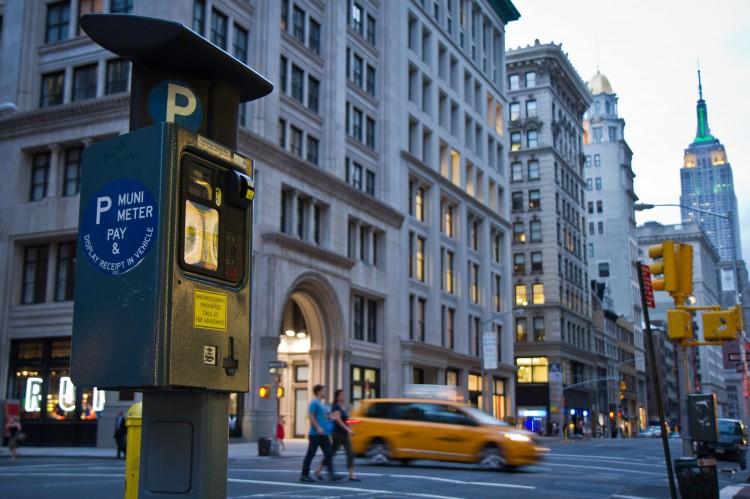NEW YORK—As the city seeks a private company or companies to manage New York City’s 89,500 parking spots, the recent mistakes and successes of other cities making the same conversion are revealing.
The proposal is also drawing heat from unionized city workers and elected officials.
“There is no reason to turn over the off-street parking system to a private company whose only concern is making money,” said Michael DeMarco, president of NYC Traffic Employees Local 1455, at a protest on City Hall steps Monday. The union has been operating the system since the late ‘80s, when they took it over from a corrupt private company.
Chicago’s decision several years ago to implement a parking privatization scheme was also criticized at Monday’s protest. The city’s government made what many called a poor decision of turning over its 36,000 parking meters for 75 years to a private company for an upfront payment of $1.16 billion.
Yet other cities have moved toward similar deals, while learning from the mistakes—such as a quick increase in parking rates—made in Chicago.
Privatizing City Parking, Take Two
As the city seeks a private company or companies to manage New York City’s 89,500 parking spots, the recent mistakes and successes of other cities making the same conversion are revealing.

Pedestrians walk by a Muni parking meter in the Flatiron District of Manhattan on July 30, 2012. Benjamin Chasteen/The Epoch Times

Zachary Stieber
Senior Reporter
|Updated:
Zachary Stieber is a senior reporter for The Epoch Times based in Maryland. He covers U.S. and world news. Contact Zachary at [email protected]
Author’s Selected Articles





